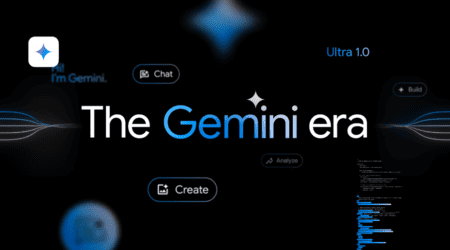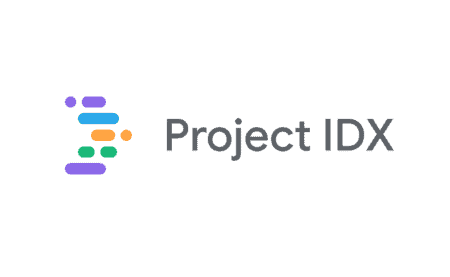Google’s app for video calling, Duo, has recently reached the magical number of more than 1 billion downloads, according to statistics from the Google Play Store. It is striking that this video call app is more successful than the messaging app Allo, which was launched at the same time.
According to statistics from Google’s app store, Duo has been downloaded more than 1 billion times since its launch in 2016. Given that in the middle of this year the number of downloads was about half, 500 million, this growth is certainly remarkable. It should be noted that Duo is nowadays often available pre-installed on Android smartphones. Without these pre-installments it is almost impossible to achieve a high number of downloads in half a year.
End for Allo
The success of Duo is striking because the almost simultaneously launched messaging app from Google. Allo, just has a bad range. This app has only been downloaded more than 10 million times from the Google Play Store. The hyperscaler recently announced that it would stop using this messaging app and that it would focus on the further development of the other messaging app messages and thus the video call app Duo.
How does Duo work?
In concrete terms, Duo lets end users make video calls in HD quality to contacts based on phone numbers only. The app, actually the Google counterpart of Apple’s Facetime, works independently of the mobile OS and is very suitable for use over low bandwidth networks via WebRTC. In addition, the app constantly monitors network quality and automatically adjusts image quality accordingly. The app also automatically switches from mobile networks to WiFi networks.
Another useful feature of the video call app is the knock-knock function, which allows people who are called with the app to see a live preview of the caller before they accept a call. This allows them to decide whether to simply accept or ignore the call. Other functionality includes end-to-end encryption of video calls and voice and video messages when absent.
This news article was automatically translated from Dutch to give Techzine.eu a head start. All news articles after September 1, 2019 are written in native English and NOT translated. All our background stories are written in native English as well. For more information read our launch article.

















